When we look around campus, our six residential colleges are all unique in their own ways. However, Shuli College is distinctive for being led by a chair professor from the liberal arts. This is one of the reasons why Chair Professor Li Lan from the Center for the Humanities provides a unique perspective for the students of Shuli College.
Before joining SUSTech, Professor Li served as the Vice Director of the Dialect Studies Program at the Chinese Academy of Social Sciences (CASS) from 2003-2012 before continuing as Director from 2013 to 2016. He is an advisor for doctoral students, a member of the CASS academic committee since 2010, and the vice editor of the Bulletin of Chinese Linguistics (2007-present). Professor Li is the chief expert for the program “Demonstrative dialectal survey and research of the crucial dialectal regions in China” and the chief expert for the program “The collection and digitalization of the dialectal data in local records.”
In the Analects of Confucius Jishi, there is a saying: “if you don’t learn etiquette, you can’t stand.”. Shuli College takes “self-cultivation, erudition, careful thinking and farsightedness” as its training to cultivate future leaders with an international outlook and a well-rounded skill-set.
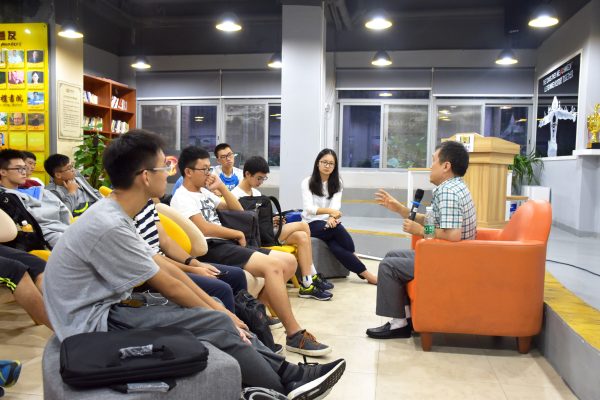
Dean Li Lan believes that the unique mentor system of SUSTech reduces the distance between faculty members and students, which enhances the impact that teachers have on students. As a result, the tutors have a better opportunity to foster talents for the future. Shuli College has 63 tutors from every department across SUSTech, including SUSTech President Chen Shiyi, School of Humanities and Social Sciences Dean Chen Yuehong, School of Innovation and Entrepreneurship Dean Liu Ke and Department of Biomedical Engineering Head Jiang Xingyu. The integration of science with the liberal arts provides Shuli College students with a holistic approach to their scientific research, and thus places them in a position to serve society.
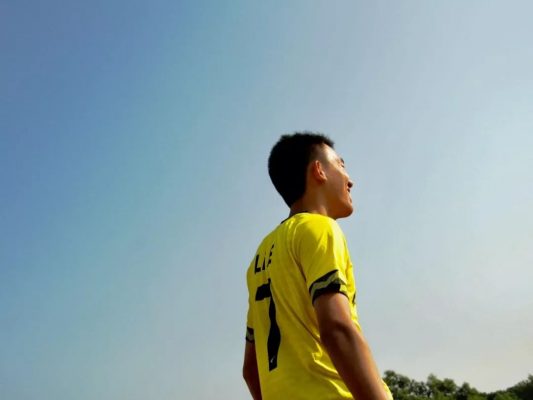
“When Shuli College was first established, our philosophy was centered around technology, humanities, and sports. It is still that way and I heartily support it.” The activities run by Shuli College run the gamut of academic, cultural and sporting events. The enormous variety has enabled students to have a broader vision of themselves and their lives.
The residential colleges at SUSTech are vital to the fostering and cultivating of talented young scientists and engineers that contribute to society in the future. They help students develop and become pillars of society. The tutors are there to get to know their students better and guide them towards what they want to do, even if the student does not realize what is happening. It is this continuing education that supports the students after graduation.
Dean Li Lan is convinced that educators within universities have a responsibility to encourage innovation within their students, particularly in the new era. SUSTech is prepared for the modern era, as the excellent students that step forward on the SUSTech campus usually can be the creative and innovative skills innate within their very beings.
He paid homage to his predecessor in the School of Humanities and Social Sciences Dean Chen Yuehong, who was the inaugural Dean of Shuli College. The solid foundation laid by Chen Yuehong has prepared Dean Li Lan to continue building on the beautiful traditions of Shuly College. “I hope that Shuli College students can reach for the stars while keeping their feet on the ground.”

Shuli College’s strong liberal arts influence has seen its special events tend towards the cultural, including its humanities afternoon tea. Speakers have covered topics such as liberal arts education in the age of AI, innovation in architectural space, and the depiction of life by science fiction writers. Shuli College students also take part in literature, calligraphy, painting, photography, and short story writing to discover the beautiful moments in life. Shuli College has also set up a short film club, encouraging students to record their lives through different perspectives.

One of the most visually stunning events is their “love letter boardwalk,” with postcards written by students lining the boardwalk through one of the mountains on campus. The attached lights provide a spectacular image for photos and fill students with the warmth of romance on an otherwise chilly winter night.
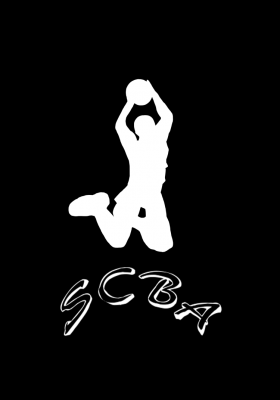
Shuli College has long had a mandatory physical education component for its students. The Shuli College Basketball Association (SCBA) is modeled on the NBA, complete with player trading, match schedule, draft picks, brokers and foreign aid. There are four clubs within the SCBA and the additional basketball events run by SCBA have become highly popular among the basketball fans on campus.

There are plenty of other sports that Shuli College is involved in, but its other major athletic event is its Tutor Fun Run, which takes place on a Sunday morning every month. Shuli College has regularly scored well in the Science and Technology Sports Festival.
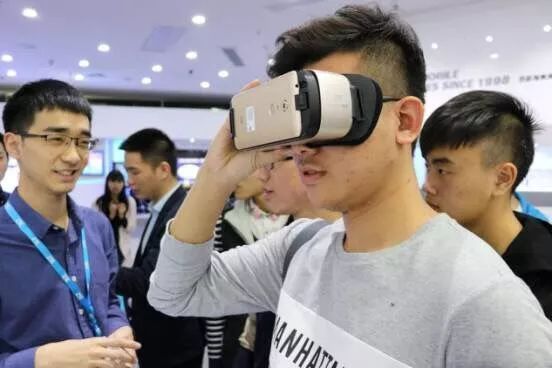
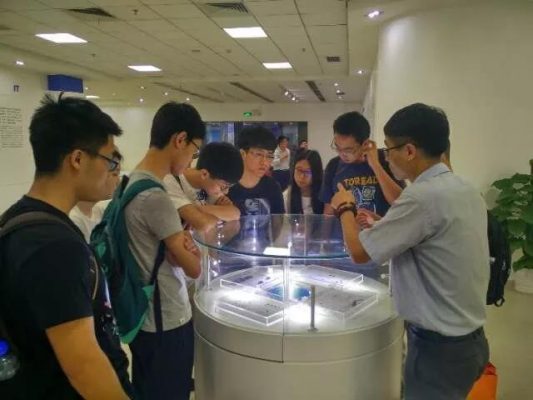
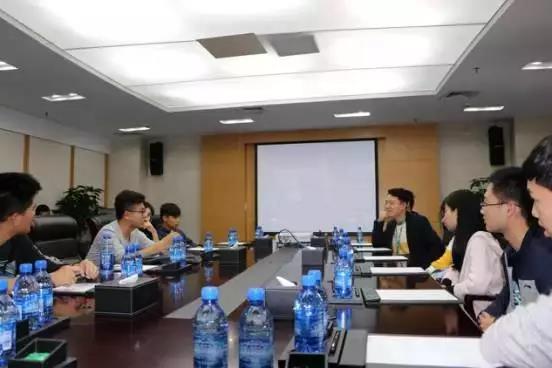
In line with the holistic approach to education, Shuli College has taken students to high-tech enterprises and around Shenzhen, to get a better understanding of where they are and how they can fit in. Shuli College Students have visited Ubisoft, BGI, ZTE and BYD, interacting with top-level executives and researchers to better understand the enterprises within Shenzhen that could potentially employ them in the future. They have also visited different parts of Shenzhen to learn more about its history. Despite the popular thinking that SUSTech is a young city, there are old pieces to it, and students can improve their appreciation of the town as a whole.
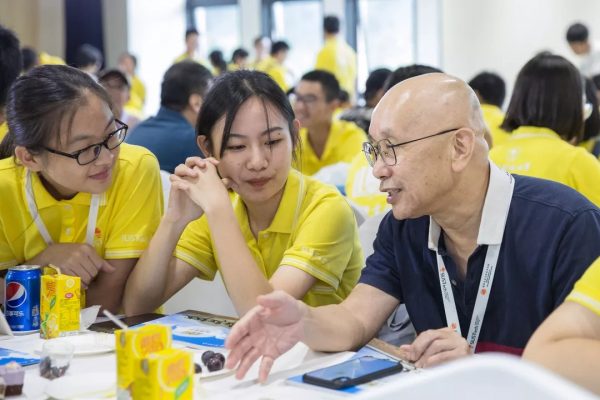
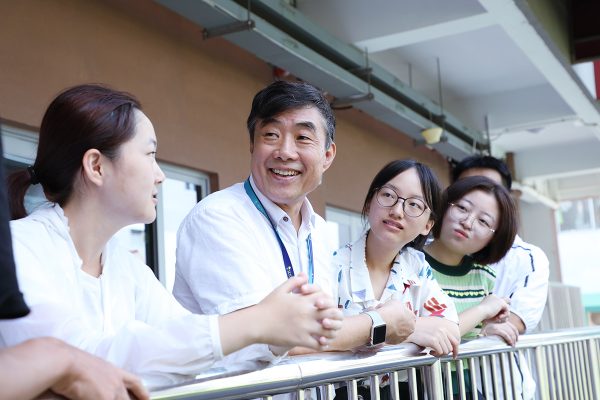
Shuli College, under the leadership of Dean Li Lan, has cultivated a culture of closeness. Students and tutors interact with each other regularly in their spare time, developing closer relationships, and forging a better connection. Shuli College counselors are available to the students for their questions or troubles, providing the right service for students in need. This holistic approach to residential pedagogy has resulted in philosophy similar to that espoused of the humanities – that which seeks to understand the human spirit.
Proofread ByXia Yingying
Photo ByWang Kaiqiang, Qiu Yan